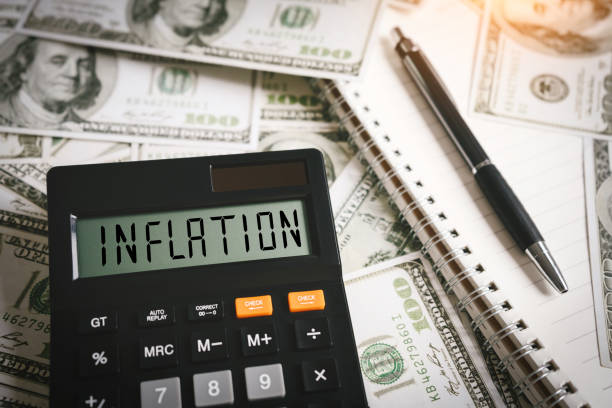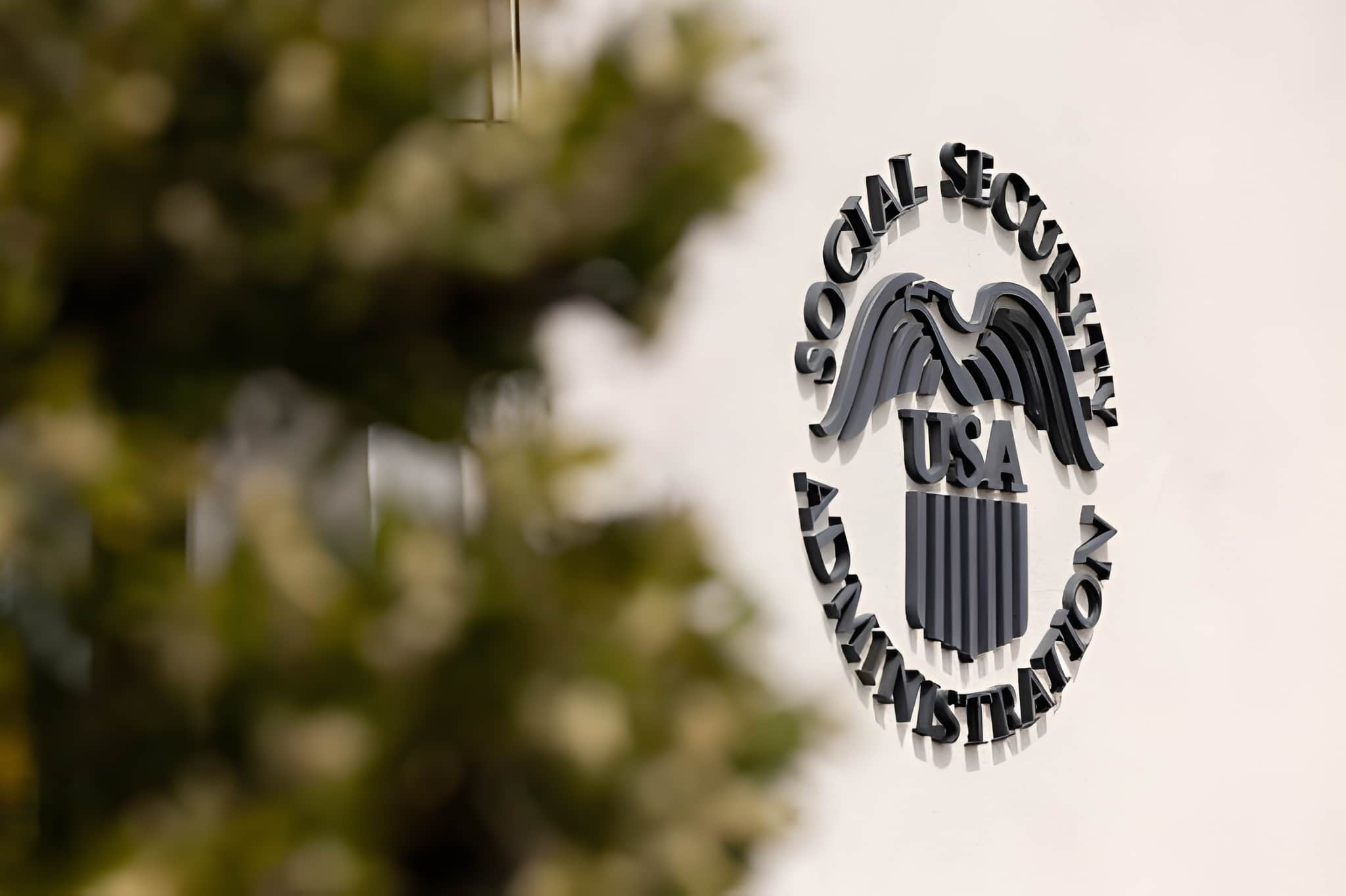A good retirement plan is a necessity every generation will face, and the burden of saving is falling more and more on the individual. Many American workers once depended on a pension plan that could support them throughout their lifetime, but such benefits have declined in recent years. As such, individuals are increasingly responsible for planning for their retirement—and the taxes they may face.
Workers face income taxes throughout their careers, but many people may not realize they will continue to face taxes during their retirement years. In fact, a recent survey found that 42 percent of retirees did not know the impact taxes would have on their retirement income. It is important to plan for these taxes before retirement so that savings can be planned accordingly. Here are some tax considerations individuals and financial professionals should take into account before and during retirement.
Control Taxable Retirement Income
The money a person has put away for retirement may or may not be taxable once it is dispersed. Up to 85 percent of social security income may be taxable, depending on the income level of the recipient. Careful planning early can help avoid tax surprises in the future.
Money that is put into accounts after taxes will not be taxed again during retirement. Roth accounts, like a Roth IRA or a Roth 401(k), are built with after-tax dollars. Likewise, bank accounts, brokerage accounts, and similar investments use money that has been taxed, and investment income is taxed when it is earned. Other accounts, like a traditional 401(k) or IRA, are pre-tax contributions, so they will be subject to income taxes when they are withdrawn during retirement. Individuals saving for retirement can choose a combination of savings accounts to have more control over how much money is taxed during working years and what taxes are saved for retirement.
Control Your Tax Bracket
Distributions in retirement can change the tax bracket and increase the amount of taxes owed. Money from various savings accounts, a pension, social security, and investments can bump a person into a higher tax bracket than expected. Individuals can work with financial planners to plan which accounts to save in and carefully take money from retirement funds to avoid unexpected changes to their tax bracket.
Using a variety of saving methods during earning years can give a person more control over what money is used and when during retirement. For example, it can be wise to save some money in a Roth IRA during a time when a person’s tax rate is low. These kinds of investments are becoming more popular, with more than $24 billion contributed in 2018, as they can give a person more control over taxes in retirement. Other money can be spread out into other accounts to help diversify when and how much taxes will be owed.
Drawing out money during retirement can be done methodically to avoid increasing a person’s tax burden. Some distributions can be delayed, such as social security and some 401(k) plans, if a person is still working. Others are subject to required minimum distributions at a certain age. Planning out the best way to take money out of retirement accounts can keep a person’s income level below thresholds that will require higher taxes.
Consider Where You Live
There are many reasons a person might move after they retire. Perhaps they want to settle down in a quieter town or move closer to grandkids. Another enticing reason could be to save on taxes on carefully saved retirement money. A handful of states do not have a state income tax, which can equate to substantial savings if a person is moving from a state with a high tax rate.
While taxes are not the only reason to relocate, if picking up and enjoying retirement in a new locale is on the horizon, it could benefit a retiree to consider states with lower or nonexistent income taxes.
Avoid Early Withdrawal Penalties
When retirement is near, many people may be itching to say goodbye to the workforce and ride off into the retirement sunset. Unfortunately, choosing to retire early may mean a person is not eligible for some benefits, and they may be subject to a penalty if they withdraw from certain accounts.
A person is eligible for social security benefits starting at age 62, but they will receive less money if they retire before the full retirement age of about 66, depending on the year they were born. What’s more, retirees can get a higher social security benefit if they delay taking social security until age 70. Generally, retirement accounts are also subject to a tax penalty if a person withdraws money before age 59.5. Most retirement plans will be subject to a 10 percent early withdrawal tax if money is dispersed before this age.
Remember to Take Required Distributions
Some retirement savings accounts may require a person to take out money at a certain time or risk a penalty. IRA accounts, except Roth IRAs, require a minimum distribution each year starting when a person is 72 years of age. Required minimum distributions also apply to employer-sponsored retirement accounts and Roth 401(k) plans. If the required minimum distribution is not withdrawn, the amount not taken out is subject to a 50 percent tax.
Saving for retirement involves more than just putting extra money under the mattress. Planning wisely before retirement and taking money out of accounts carefully in later years can make a big difference in how much is available. Working with an expert financial planner can help individuals understand the ins and outs of savings plans and how to avoid tax surprises during the golden years.
=======
Justin Hatch is the CEO of Reach Reporting, and is an industry expert in the field of business management. He specializes in software development and financial reporting and has 20 years of management experience.
Thanks for reading CPA Practice Advisor!
Subscribe Already registered? Log In
Need more information? Read the FAQs
Tags: Benefits




